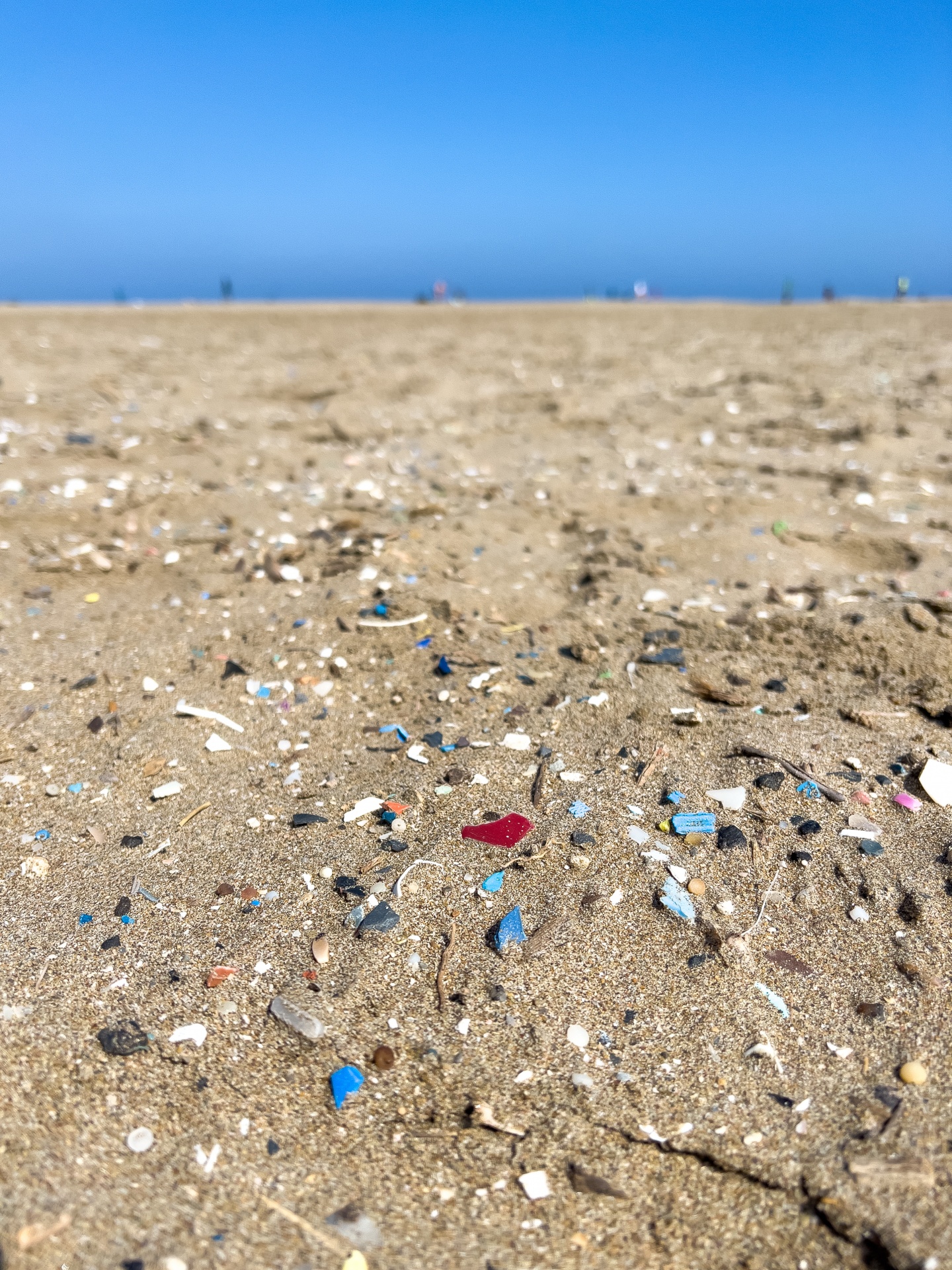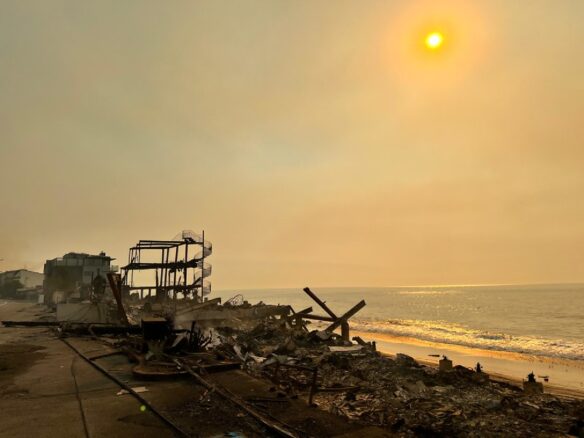Excerpt:
Good news: the world is discussing a treaty to stem plastic pollution. Bad news: fossil-fuel interests are trying to weaken it.
An international effort to rein in plastic pollution is running into resistance from China, Saudi Arabia and other nations that see a future in plastics amid declining demand for oil, gas and coal.
That debate is playing out over the terms of a prospective global treaty that could set limits on plastic production and consumption. Environmentalists last year scored a landmark victory when 175 countries agreed to write a treaty designed to address the problems with plastic, which kills wildlife and contributes to climate change.
But the terms of that treaty are still very much a work in progress. International negotiators are meeting this week in Paris for the second of five U.N.-led deliberations scheduled over the next year and a half, and so far the discussion hasn’t yielded much headway.
One obstacle is chemistry. Another is diplomacy.
Fossil fuels are major feedstocks in petrochemicals, which are used to produce plastic. That’s significant because plastics could provide a lifeline for fossil fuel companies — as well as fossil-fuel-producing countries such as Saudi Arabia — as the world economy transitions away from oil, gas and coal.
The importance of oil to petrochemical production is so great that a 2018 report by the International Energy Agency found that petrochemicals were becoming the leading driver of global oil demand, ahead of transportation. It predicted that petrochemicals would account for more than a third of the growth in oil demand by 2030.
The profitable link between plastics and fossil fuels has impacted efforts to write a global treaty on plastic pollution, observers say.
In Paris this week, negotiations have gotten off to a rocky start, with countries divided over voting procedures even before the substance of talks could begin.
“We are definitely seeing a pattern among the major oil and gas producers or petrochemical producers or countries which have been investing and planning to invest heavily in building up their petrochemical industry to try and delay the negotiations,” said David Azoulay, director of environmental health at the Center for International Environmental Law.









